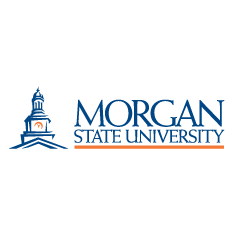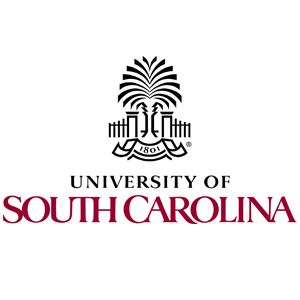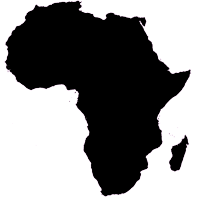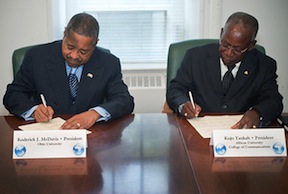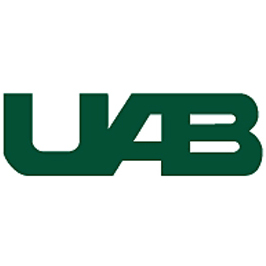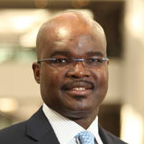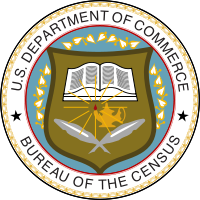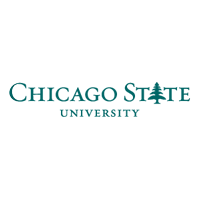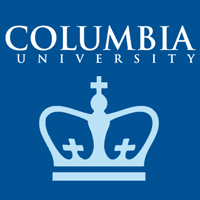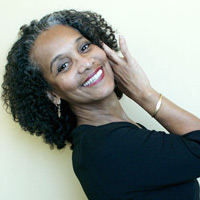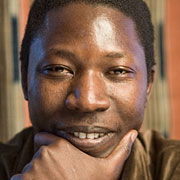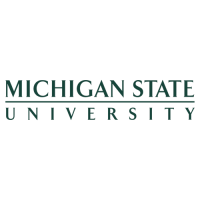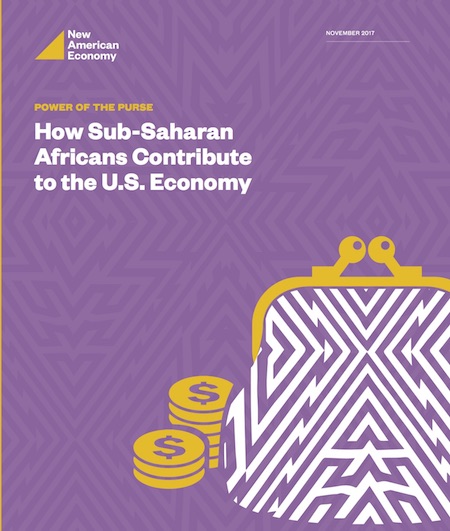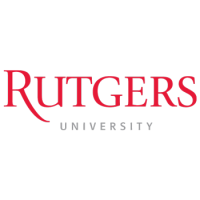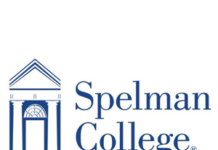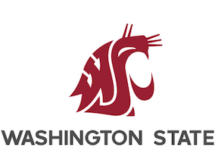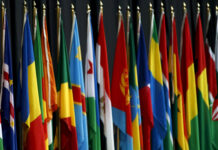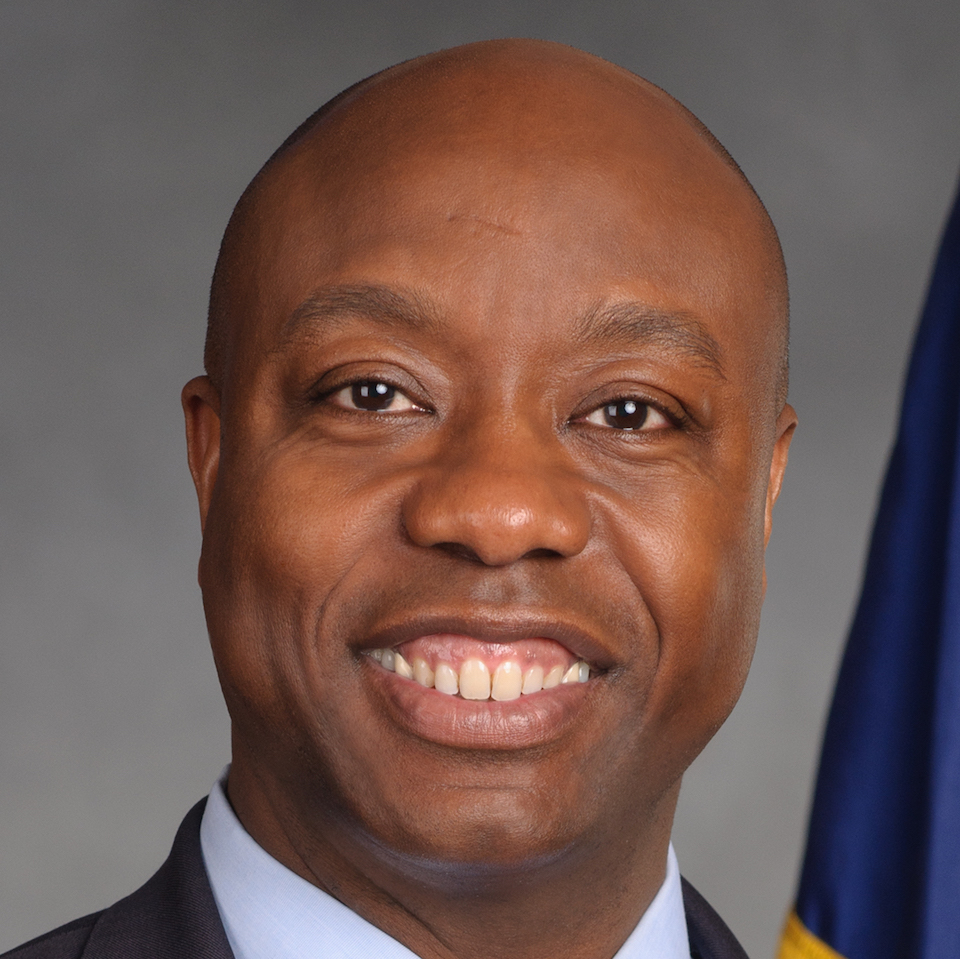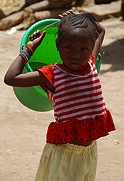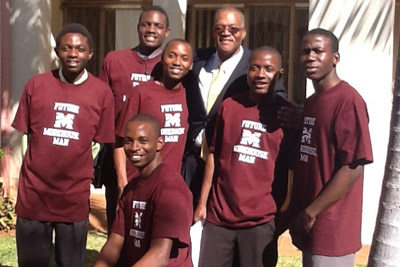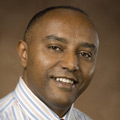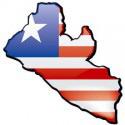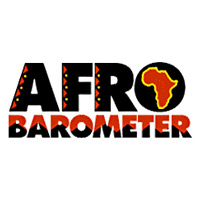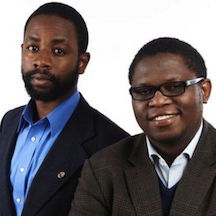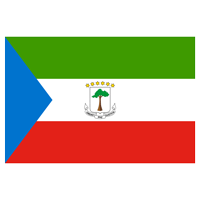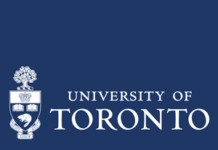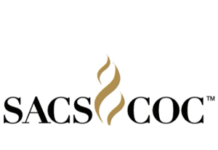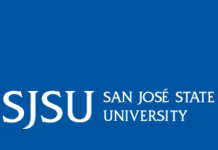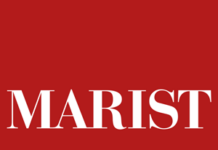Paul Tiyambe Zeleza to Lead United States International University-Africa
Dr. Zeleza has been serving as vice president for academic affairs at Quinnipiac University in Hamden, Connecticut. He will become vice chancellor of U.S. International University-Africa in Nairobi, Kenya, on January 1.
Census Data Documents African Language Use in the United States
Some 60 million Americans over the age of 5 speak a language other than English at home. This is about one fifth of all Americans. Nearly 900,000 Americans speak an African language at home. Among the most common African languages in the U.S. are Kru, Ibo, Yoruba, Cushite, and Swahili.
Predominantly Black Chicago State University Partners With a Nigerian University
Chicago State University has entered into an agreement with Edwin Clark University in the Delta State of Nigeria. Under the agreement, the two universities will participate in student exchange programs.
Major New Program Aimed a Combating Racism in South Africa and the United States
The non-residential program, hosted by Columbia University and funded by the Atlantic Philanthropies, will support 350 fellows over its 10-year lifespan, annually supporting up to 35 fellows from the United States and South Africa.
Indiana University’s African American Dance Company’s Cultural Exchange Tour in China
The African American Dance Company at Indiana University recently returned from a week-long visit to Beijing, China, where it participated in a cultural exchange program with the School of Law and Humanities at the China University of Mining and Technology.
Fallou Ngom Named Director of the African Studies Center at Boston University
Fallou Ngom, associate professor of anthropology, was named director of Boston University’s African Studies Center. The center was established in 1953. More than 90 Boston University faculty members are affiliated with the center.
The Economic and Educational Status of African Immigrants in the United States
Black women who have immigrated from Africa now earn more on average that Black and White women who were born in the United States. Black immigrant men from Africa have not fared as well, despite the fact that more than half of them are college graduates.
African Immigrants Give a Huge Boost to the American Economy
Some 40 percent of sub-Sharan African immigrants are college educated. This is a higher percentage than the White adult population of the United States. A third of African immigrants with a college education have a degree in a STEM field.
Rutgers University Partners With Botswana to Establish Knowledge Hub in Southern Africa
Recently, Rutgers University in New Jersey signed an agreement to launch the Botswana-Rutgers Knowledge Collaborative, a joint initiative to exchange knowledge through technology and develop programs that help Botswana address its strategic development goals.
Huge Increase in Students From Sub-Saharan Africa at U.S. Colleges and Universities
In the 2022-23 academic year, the number of students from Nigeria was nearly three times the number of students from any other sub-Saharan African nation. Nigerians made up more than one third of all students from sub-Saharan Africa who studied in the United States in the 2022-23 academic year.
Rutgers University Mounts Effort to Improve Cancer Care in the African Nation of Botswana
Currently, if a hospital in Botswana only has one radiologist, it takes three to four weeks for a CT scan to be read. But the Collaborative will allow oncologists at Rutgers and the university's partners to remotely read these scans and provide diagnoses in real-time.
Spelman College Establishes Research and Teaching Partnerships with Three Nigerian Universities
Spelman College has recently signed a partnership agreement with three Lagos-based universities in an effort to strengthen the educational ties between the United States, Nigeria, and other African communities.
Washington State University Partners With Six Universities in Nigeria
Washington State University recently signed memorandums of understanding with six African universities, committing the institutions to three principal goals: Broaden education access; enhance food security; and promote health equity by addressing health detriments and vulnerability to disease.
Scholars From Sub-Saharan African Nations Teaching at U.S. Colleges and Universities
There were 2,220 scholars from sub-Saharan African nations teaching at U.S. colleges and universities in the 2021-22 academic year. This was up nearly 50 percent from the prior year at the height of the COVID-19 pandemic. Scholars from sub-Saharan African nations made up only 2.4 percent of all foreign scholars teaching in the United States that year.
Bipartisan Group of U.S. Senators Introduce the HBCU Africa Partnerships Act
The legislation would expand partnerships and student exchange programs at HBCUs to build up the capacity and expertise of students, scholars, and experts from sub-Saharan Africa in key development areas, including food systems, agriculture, nutrition and farming, democracy, and public health.
Wesleyan University Creates a New Scholarship Program for African Students
Applications to the program must be citizens or permanent residents of one of Africa’s 54 countries. Individuals with dual U.S. citizenship or who are permanent U.S. residents are not eligible for the program. Only students applying for need-based financial aid and who have demonstrated need will be considered.
The Snail-Like Progress of Racial Diversity in Faculty Posts in South African Higher Education
In 1994 when the Republic of South Africa ended apartheid and allowed free democratic elections, Whites made up 83 percent of the academics at the nation's universities. Today, 67 percent of the professors at public universities are White.
Wesleyan University Creates a New Scholarship Program for African Students
Applications to the program must be citizens or permanent residents of one of Africa’s 54 countries. Individuals with dual U.S. citizenship or who are permanent U.S. residents are not eligible for the program. Only students applying for need-based financial aid and who have demonstrated need will be considered.
More Than Half of Students From Africa Who Want to Study in the U.S....
In 2015, Africa had a visa denial rate of 44 percent as compared with 30 percent for students from Asia, and 8 percent from Europe. By 2022, the visa denial rate for African students increased to 54 percent, compared to 36 percent for Asian students and 9 percent for European students.
African American College Students Are Increasingly Studying Abroad
According to the Institute of International Education, in the 2011-12 academic year, Blacks made up 5.3 percent of the total of 283,332 students who studied abroad. This is up from 3.5 percent six years earlier.
Middlebury College Announces New Venture in Cameroon
Middlebury students who travel to Cameroon must pledge only to speak French or one of many local dialects.
African American Student at Wake Forest University Wins a Rhodes Scholarship
Brandon Turner is the 12th student at Wake Forest in the past 25 years to win a Rhodes Scholarship.
A Big Jump in the Black Student Acceptance Rate at Oxford
Yet only 1.3 percent of all students accepted for admission are Black.
Stanford University Study Finds That a Shorter Walk to Water in Africa Saves Lives
A new study by researchers at Stanford University finds that African families who live closer to water supplies are significantly healthier than families who live farther away.
Scholarship Program Will Bring 40 African Men to Morehouse College
Strive Masiyiwa, founder and chair of Econet Wireless, has established the Ambassador Andrew Young International Scholars program.
HBCU Agrees to Accept Transfer Nursing Students From Hubei University in China
Students will complete two years of study at Hubei University in Wuhan City, China. They will then transfer to Winston-Salem State University in North Carolina to complete their bachelor's degree program in nursing.
Arizona State University Professor Seeks to Advance Engineering Education in Africa
Over the past 15 years, Arizona State University professor Terry Alford has made 12 trips to Africa to teach two-week engineering seminars at schools and universities.
Dartmouth College Study Finds Cosmetic Surgery to Look Whiter Fails to Boost Women’s Self-Esteem
In a study of 63 women in Venezuelan, 24 who had undergone a rhinoplasty and 39 who wanted to have one, Dr. Lauren Gulbas, assistant professor of anthropology at Dartmouth College, found that all the women of African descent believed that having a nose job would improve their self-esteem.
Ohio State Faculty and Students Are in Ethiopia Training Healthcare Professionals
This summer the 20-member Ohio State contingent in Ethiopia will concentrate on educational efforts involving cervical cancer screening, rabies prevention, and improvements in food security and safety.
The Most Selective University in the World?
About 25,000 students took the entrance examination to qualify for admission to the University of Liberia in West Africa. None of the students passed the examination.
University Survey Examines Poverty in Africa
The Afrobarometer was co-founded by Michael Bratton, a University Distinguished Professor at Michigan State University. Nearly half of all African respondents this year said that they go without food, medicine, or drinking water at least occasionally.
University of Georgia Hosting a Group of African Journalists
Ten journalists from the African nations of Burundi, Congo, Niger, and Senegal will participate in sessions on broadcast journalism, media education, online media, and business models for success.
Two Yale Students Will Use Grant to Start a Preparatory High School in Burundi
Wendell Adjetey and Etienne Mashuli, both graduate students at Yale, have received a fellowship from the nonprofit Echoing Green that will be used to start a foundation, school, and library in Burundi's capital city.
Students From Sub-Saharan Africa at U.S. Colleges and Universities
In the 2012-13 academic year, there were 30,585 students from sub-Saharan Africa enrolled at colleges and universities in the United States. They made up 3.7 percent of the 819,644 foreign students at U.S. colleges and universities.
Sub-Saharan Nations Sending the Most Scholars to Teach in the U.S.
In 2011-12, there were 1,887 scholars from sub-Saharan African nations teaching in the U.S. This is down from 2,750 just four years ago. Nigeria sent 315 scholars to teach in the U.S., the most of any sub-Saharan African nation.
Texas Tech Partners With the National University of Equatorial Guinea
The nation of Equitorial Guinea is now the third largest producer of oil in Africa and is looking for international partners to develop its petroleum industry, agricultural sector, educational system, and tourism.
